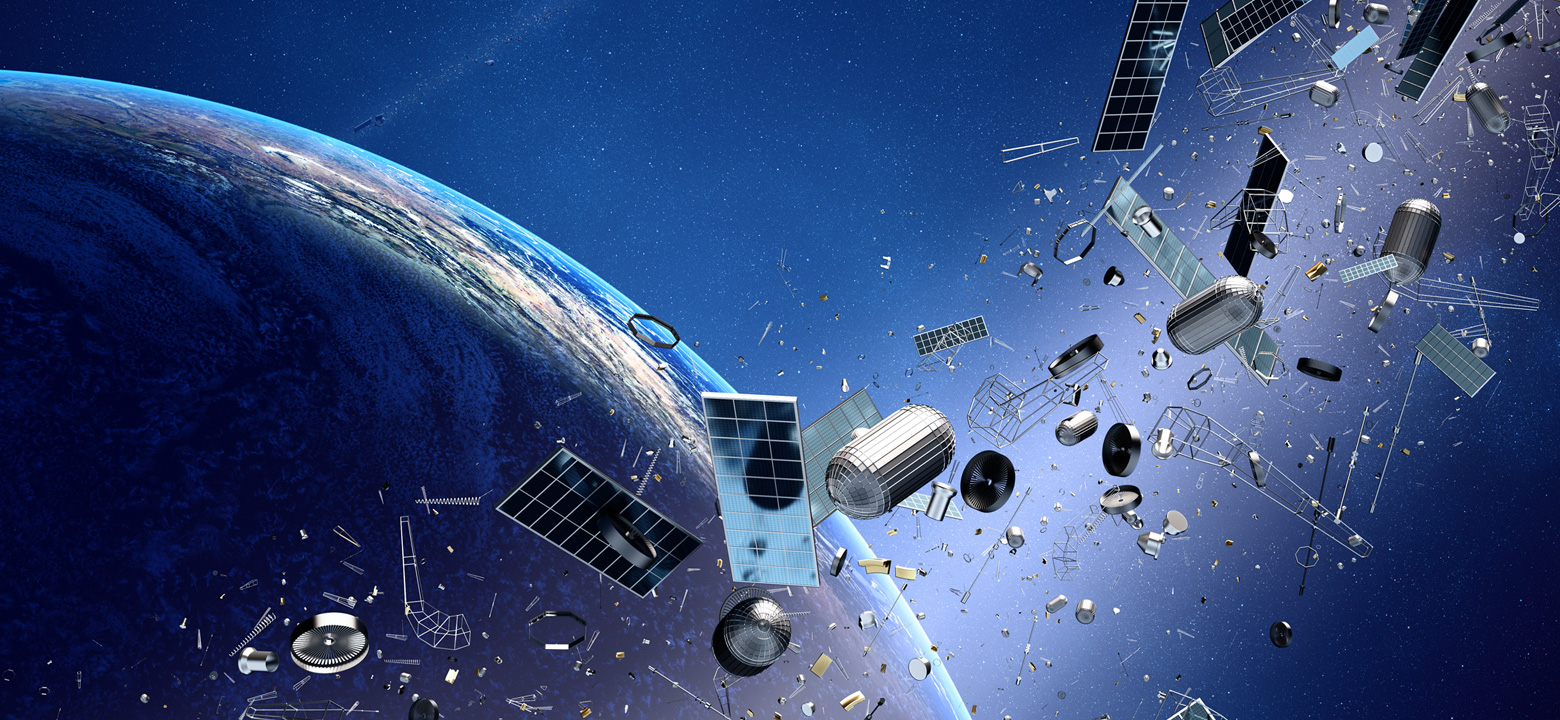
Even with the challenges posed by COVID-19 through most of 2020, the aerospace industry is still ticking along. Here are the top 5 startups you should be watching through 2021 and beyond:
The startup Starburst Aerospace was founded in 2015 with the aim of connecting aerospace corporations and startups, as well as supporting lab-to-industry initiatives. They are already well-known for their efforts to introduce major aerospace and defense corporations and government entities to small startups, leading to greater opportunities, growth, and innovation.
According to Starburst, India's aerospace and defense ecosystem is at a prime point for privatization. They anticipate India becoming a majoy world player in these industryies. With these things in mind, they announced their plans to open an innovation center in Mumbai, and begin outreach programs in Hyderabad, Bangalore, and Delhi in the near future. They want to connect young companies within India with larger potential partners around the world, and are currently looking for academic organizations, investors, corporate investors, and government agencies willing to support this effort.
Japanese company Infostellar has been in the aerospace game since 2016, but they're growing by leaps and bounds. They opened their office in the United Kingdom in 2019, and raised additional funds for their projects in 2020.
Infostellar helps other aerospace startups by connecting ground stations. Its StellarStation is a cloud-based solution that connects the owners of ground stations with satellite operators that need station access. This lets ground station owners monetize their downtime and satellite operators get things done, all via one easy-to-use interface. Their ever-expanding network of ground stations, stations in UHF-, S-, and X-band, and partnerships with hardware producers make their network as versatile as it is scalable. According to CEO Dr. Naomi Kurahara, Infostellar is hoping to expand across the globe and anticipates opening it's first U.S. office sometime in 2021.
Kleos Space's stock shares recently fell following the lifting of a trading halt. They subsequently announced a capital raising effort, with the proceeds to go to funding the company through the end of 2021, accelerating the development of their next project, sales and marketing, and working capital. So far, the company has done an excellent job of raising capital and deploying their satellites on a pretty quick timeline.
In early November of 2020, Kleos launched its first cluster of satellites. These will monitor maritime activities that can't be tracked in any other way, offering information that's indispensable for defense, security, and law enforcement. The company anticipates sending up a second cluster in mid 2021, with the SpaceX Falcon 9 rocket, and developing and deploying a third cluster before the end of the year.
Skygate Technologies is another Japanese company that was formed in 2020 by CEO Takanori Awatsu. Their focus is developing ground stations as a service. Unlike Infostellar, which helps ground station owners earn money from their stations' downtime, Skygate is working to create a cloud-based ground station. This station would have a platform that satellite operators could use to plan their ground station needs.
Right now, Skygate plans to build their first ground station in Japan, with others to follow in North America, Africa, and Australia. In August of 2020, they announced the receipt of seed investments from Keio Innovation Initiative. This will boost the development of the company's ground station, anticipated to start in 2021.
Astroscale is a Japanese startup working to clean up space. Space debris poses an active hazard to future missions by creating obstacles and increasing the odds of collisions, and, with more satellites launching every year, it's imperative that the aerospace industry find a way to efficiently remove those that no longer serve a purpose. The company is the first private entity to commercialize debris removal and end-of-life and life extension services, with a view to developing a more sustainable aerospace industry. This mission is so important to the future of the aerospace industry that, since its founding in 2013, Aeroscale has become Japan's highest-funded space venture.
Right now, Astroscale is waiting to launch its ELSA-d satellite. This satellite is designed to provide end-of-life services to other satellites that are at or near the end of their working lives. After these junk satellites are brought out of orbit, they would burn up upon re-entry into the Earth's atmosphere. Due to its recent expansion, the company has recently elected to move its Japanese headquarters.
2021 is shaping up to be an exciting year for the aerospace industry, between the expansion of several innovative startups and the launching of exciting projects like Kleos' second round of maritime monitoring satellites. Keep tabs on these five companies next year and beyond.